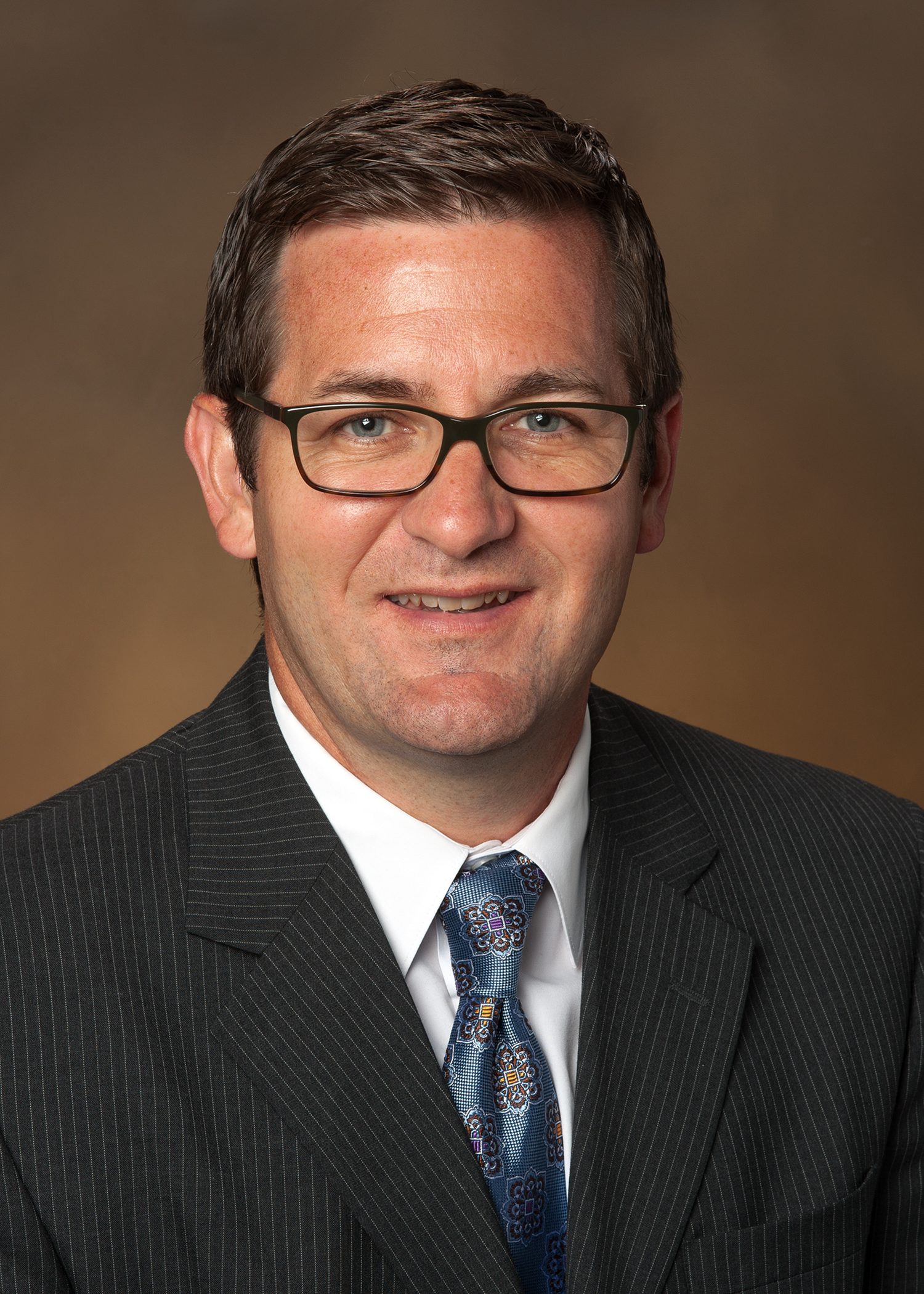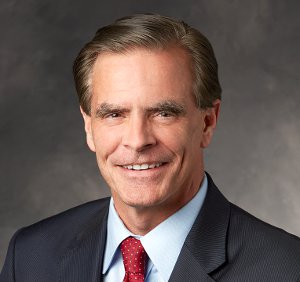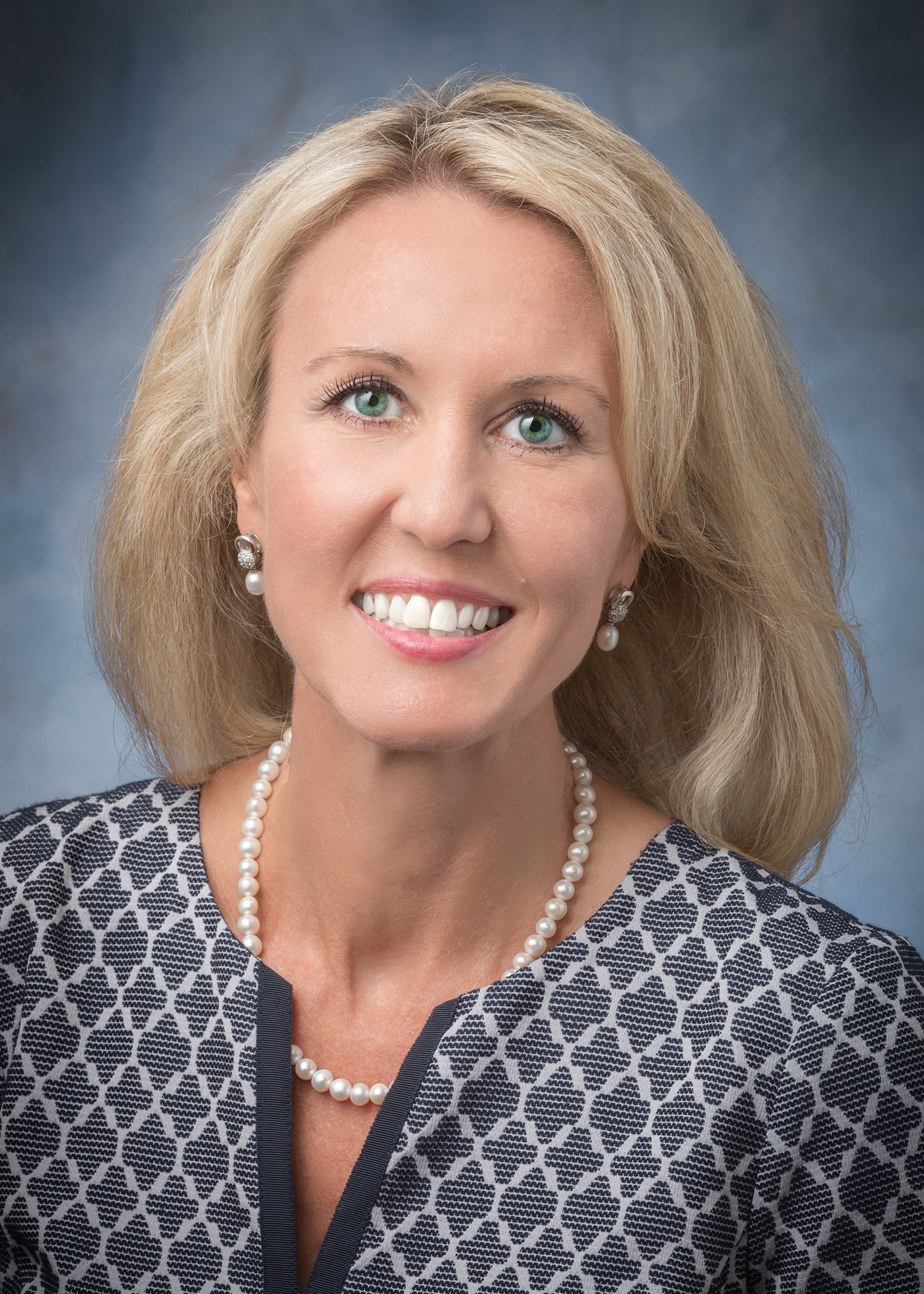The demands imposed on hospital and health system CFOs are becoming progressively complex and increasingly vital to the viability of the systems they represent. In today's healthcare climate, a CFO must be strategic, collaborative and energized — at the very least.
In this roundtable, three health system CFOs discuss the essential skills a strategic CFO should possess, the CFO's role in data breach prevention and population health management efforts, challenges their systems face in the transition to value-based reimbursement and how they stay motivated and enthusiastic about their jobs.
Participants include:
Michael Allen, CFO of Gundersen Health System (La Crosse, Wis.)
Daniel Morissette, CFO of Stanford Health Care (Palo Alto, Calif.)
Karen Testman, RN, CFO of MemorialCare Health System (Fountain Valley, Calif.)
Note: Responses have been lightly edited for length and clarity.
Question: What skills are essential for a health system CFO in today's healthcare climate beyond traditional financial and business acumen?
Michael Allen: There are several skills or traits necessary to navigate our complex environment. The first is communication. It is critical to be able  to articulate the financial context and the 'why' for our plans and decisions across the organization. That requires the ability to carry that message effectively from the boardroom to the front line. If that is done well, then finance moves from being finicky to being a partner for the organization.
to articulate the financial context and the 'why' for our plans and decisions across the organization. That requires the ability to carry that message effectively from the boardroom to the front line. If that is done well, then finance moves from being finicky to being a partner for the organization.
Another key skill is providing leadership for performance improvement. I believe great organizations will need performance improvement as a core competency. As a CFO I have to actively support and encourage that work across the organization, but also specifically within our finance processes and systems. Reducing defects, eliminating waste and building capacity are all important for the resiliency of the organization.
And finally, ambiguity and flexibility are not often used in the same sentence as 'CFO,' but we have to embrace those concepts and continuously adapt to the organization's needs.
 Daniel Morissette: An effective CFO has to be positioned in front of the strategy-making process. Additionally, in healthcare, the CFO has to be closely aware of the organization's quality and patient service performance. This obviously drives into the financial numbers, but also affects the organization's ability to attract new business.
Daniel Morissette: An effective CFO has to be positioned in front of the strategy-making process. Additionally, in healthcare, the CFO has to be closely aware of the organization's quality and patient service performance. This obviously drives into the financial numbers, but also affects the organization's ability to attract new business.
Karen Testman: The rapidly changing healthcare environment requires skills that include, but stretch beyond those that have historically centered on financial management and discipline. Today, a CFO needs to be strategic and creative. These two characteristics are key  to formulating ideas that are new and different — within an acceptable financial context — and essential to achieving and supporting successful partnerships with non-traditional partners. Flexibility, agility and the ability to act quickly are also very important attributes of today's CFO.
to formulating ideas that are new and different — within an acceptable financial context — and essential to achieving and supporting successful partnerships with non-traditional partners. Flexibility, agility and the ability to act quickly are also very important attributes of today's CFO.
Unanticipated opportunities present themselves and require quick decision making and often compromise or a modification of existing plans. Moving into areas beyond acute care delivery, entering into new partnerships and expanding population health offerings are all examples of exploring new territory that typically comes with greater risk. Successful CFOs may be expected to tolerate a higher level of financial risk than they have been comfortable with in the past, and, most importantly, they will need to have the ability to bound the risk so the organization understands the range of possible outcomes as difficult decisions are made. The continuous pursuit of excellence in clinical quality and patient experience — and reducing costs at the same time — requires today's CFO to work hand-in-hand with operational leaders to support them in their efforts and provide the data analytics and other tools they need to achieve the organization's strategies.
Q: Healthcare organizations largely recognize the threat of a data breach is imminent. What measures does a strategic CFO take to prepare for the various financial consequences of a data breach?
MA: Based on what I know and read, the question is not if a breach will occur but when — and how big? Just like natural disasters that we prepare for, we do not know when they will hit or what the nature of the damage is going to be. We insure for these possibilities, but just like other lines of insurance we will not fully know if there are any gaps until it is tested in real time. Of course, the best preparation is to prevent the event from happening altogether. Our information systems team is vigilant in deploying prevention tactics. In addition to insurance and prevention, our organization prepares for the various risks we face every day by having the financial reserves for the agility to respond and recover.
DM: First, a strategic CFO has a seat at the table when the decisions on how to protect data are being made, and he or she is aware of what counter methods are being taken to help offset a breach. Although it's a relatively new industry, there are insurance products to help ensure against data breaches. Finally, it's a strategic CFO's responsibility to be proactive and find out how assertive the organization has been to offset a breach. For example, while hospitals or health systems may not be able to prevent data breaches, they can at least see what hackers could potentially break into by hiring outside experts to come in and hack into the system. In doing so, the organization can become better informed on what kinds of counter measures to take.
KT: MemorialCare is committed to minimizing the risk of a data breach to the greatest extent possible. We have taken a multi-disciplinary team approach to addressing the risk. The team is led by the health system CIO and includes a number of internal IT experts who work together with our compliance and internal audit departments and finance division. A key focus has been to understand our system's vulnerabilities by enlisting the help of outside experts who attempt to breach our system security and identify areas where we can strengthen and improve our controls. Also, a number of educational programs have been developed to point out individual vulnerabilities and address specific employee needs, as well as provide mandatory training for all employees, which is repeated on a regular basis. The IT department monitors system integrity every day and produces a monthly security dashboard that is shared with MemorialCare's leadership team.
From a broader perspective we actively monitor the evolution in IT security, stay abreast of new reports and trends in our industry and regularly review and assess our insurance levels to ensure we are adequately protected should an event occur.
Q: What is a strategic CFO's role in designing and implementing population health management efforts?
MA: We play a key support role for the clinicians and providers in the implementation of population health efforts. I am leading a multi-disciplinary finance work team for our strategic planning process, and the discussion and planning is all about the transition to the new health economy. Another team is specifically working on population health, but our planning and work will be intertwined. We already have many fundamentals in place to position our organization for population health, but there are unsettled questions on the finance side regarding cost management, defining cost, allocation of resources and whether to disrupt or take incremental actions. So we have a seat at the table and we are working to develop the next round of strategies. We also have to be ready to sync our payer contracts with the progress we are making internally for population health.
DM: It is first important to know what the elements of successful population health management plans are. They don't need to recreate the wheel — when thinking about designing a population health plan, go to the source of a successful organization's own plan and figure out what pieces of their structure have been successful. In terms of implementation, the active participation of the finance team in the population health management efforts is also very critical — not only looking at the data, but looking also at the monthly reviews of utilization and all of the other aspects of population health.
KT: MemorialCare has a 20-year history of successfully taking risk and effectively managing care under capitated arrangements for both senior and commercial members. Currently, we are managing care under capitated agreements for 150,000 lives. From our perspective, population health management is a new and more aggressive term for the coordinated care we have been providing for many years. Advances in technology and increasing IT connectivity have allowed us to improve the communication among caregivers and drive toward our goal of providing the most appropriate care in the right place at the right time for the lowest possible cost. We are strongly positioned to continue our movement over the last decade from traditional models of hospital care to truly integrated care.
Our strategy for expanding our integrated system covers the entire care continuum — wellness, preventions, diagnosis, treatment and rehabilitation — keeping people healthy and caring for them in the most effective setting — often in outpatient facilities. MemorialCare has more than 200 care sites, including six hospitals, physician practices, ambulatory surgery, imaging and urgent care centers located throughout the region to ensure the geographic coverage that is essential under a population health model.
A strategic CFO is a thought partner to the leadership team as delivery system design options are considered and pros and cons are weighed, bringing a particular level of expertise and data to support cost saving and revenue enhancement opportunities and initiatives.
Q: As the healthcare industry shifts to work off of value-based systems of pay, what is the biggest challenge you are facing? What strategies are you employing to meet this challenge?
MA: There are many challenges. As an integrated health system with an employed medical staff and a provider-owned health plan, we have experience with taking full-risk for the cost of medical care. One of our challenges is that our health plan activity accounts for about 30 percent of our revenue. How far do we push that number up, and how fast? How do we further invest in the work to succeed under value-based agreement, including full-risk arrangements, while we still get paid fee-for-service for a large amount of our business? Do we aggressively move to those arrangements or let them come to us? We aren't starting at zero for risk arrangements, so it makes the question more intriguing, regarding timing and transition.
Another challenge is the proliferation of measures and payment schemes coming from different payers. We are a long way from being able to manage to one set of quality, service and cost measures for all of our patients and payer agreements. As I said, we have many fundamentals in place. Our strategic work now is to fully leverage our resources and experience.
DM: I think the biggest challenge we are facing is that this is still an industry that has — for too long — been receiving payments based on volume and have had less at risk than in a pay-for-performance space. Most organizations are found somewhat flat-footed when addressing the shift.
The other issue is that when pay-for-performance comes through, it is based on data from several years prior. It is important to get buy-in from physicians and care givers to help drive these numbers.
At Stanford, we have a team that is heavily physician populated that really pours over the data and talks about the corrective actions that need to be taken and evaluates how effective we are. This is a start. We've also been very transparent with having visuals representing the data in place so the whole care team can understand where we lie on these important measures.
KT: MemorialCare has long been providing care under multiple reimbursement methodologies, including managed care — capitated, non-capitated and fee-for-service — per diems and case rates. As the industry continues to shift to value-based systems of payment, one of the biggest challenges continues to be the ability to manage and provide care in a fiscally responsible way when the incentives under the various payment methods are different and often misaligned with individual physician incentives.
Q: In the face of so many challenges from seemingly all corners of the industry, what keeps you excited and motivated to come to work each day? How do you replenish your energy and enthusiasm outside of work?
MA: This era in our industry pushes you as a leader to one extreme or the other — fear or excitement, or sometimes both. I have heard peers say, 'I just want to make it through the next (fill in the blank) years and retire.' It's not for everyone. The pace of change, the creativity required today and the ability to be part of a time of historical change in our industry is exciting and stimulating to me. My go-to stress relievers are playing guitar and exercising. Whenever I find time to get those activities in my energy is always better.
DM: At Stanford specifically, we have the opportunity to provide world-class care to every patient that walks through the door. We have people travel from all over the world to come for our care. The quality they expect is based on our brand. It' a great responsibility of ours, and also what motivates me every day — knowing the work we do actually does impact the lives and health of society.
To keep energized, I run at least four days a week. Exercise is a big part of health from a physical standpoint, but also a mental standpoint. I also try to spend time engaging with friends. Sometimes I play a game of pretend where I pretend I don't work anywhere for a day. This mental vacation gives me the ability to come in the next morning and feel refreshed.
KT: Attitude and perspective have a lot to do with it. Staying focused on the positive and what is possible with the many changes in healthcare today, believing there is real opportunity for wellness and healthcare delivery to improve and having an underlying passion to do something good for my fellow citizens and society is energizing. Loving the people I work with, the company I work for and represent and finding joy in something every day make it a pleasure and very often fun to come to work.
Outside of work I love anything athletic and outdoors — hiking, paddle boarding, water-skiing and snow-skiing — spending any time I can with my husband and three college-age children, as well as traveling. There are very few places in this world I would not want to visit.